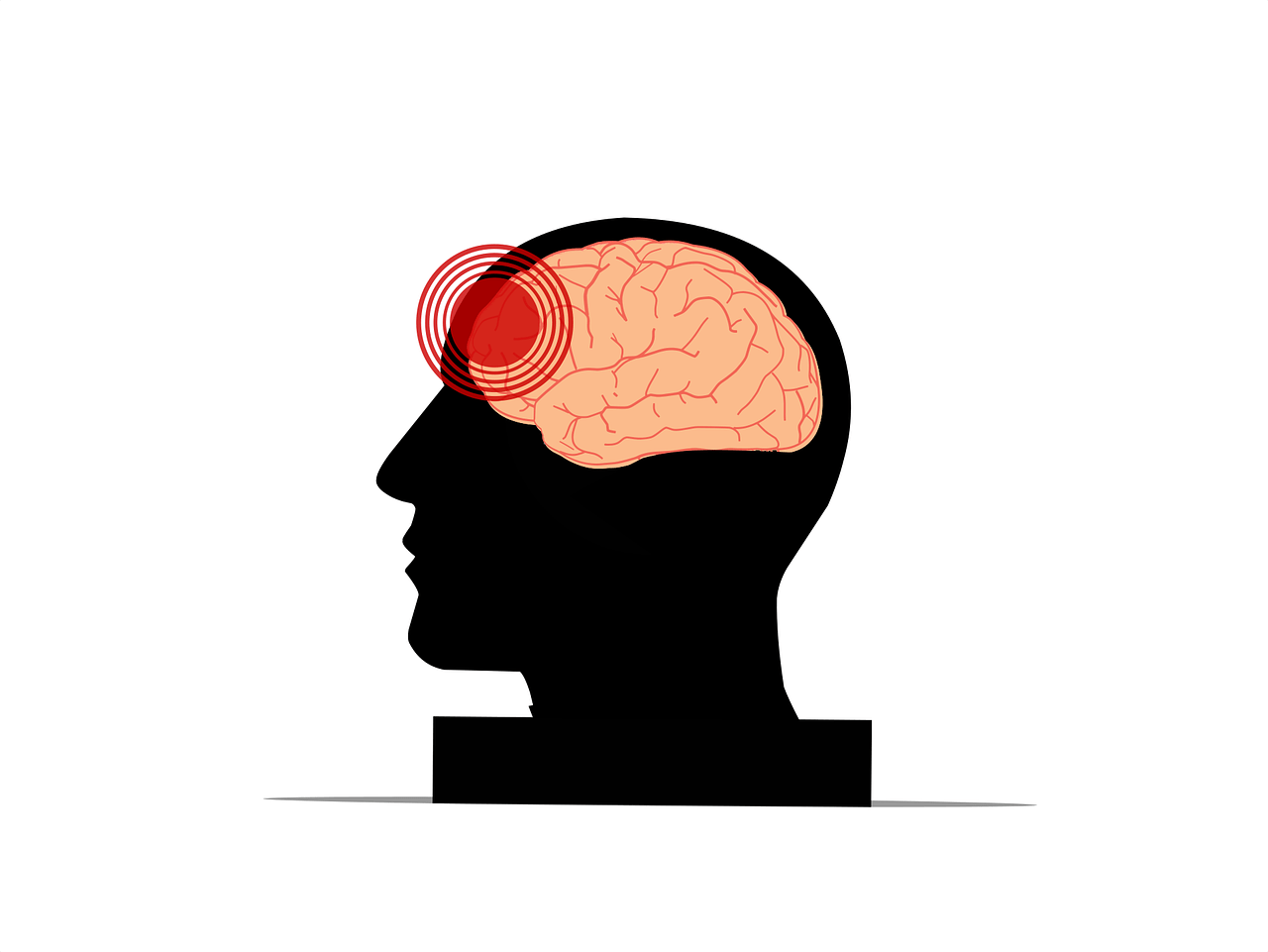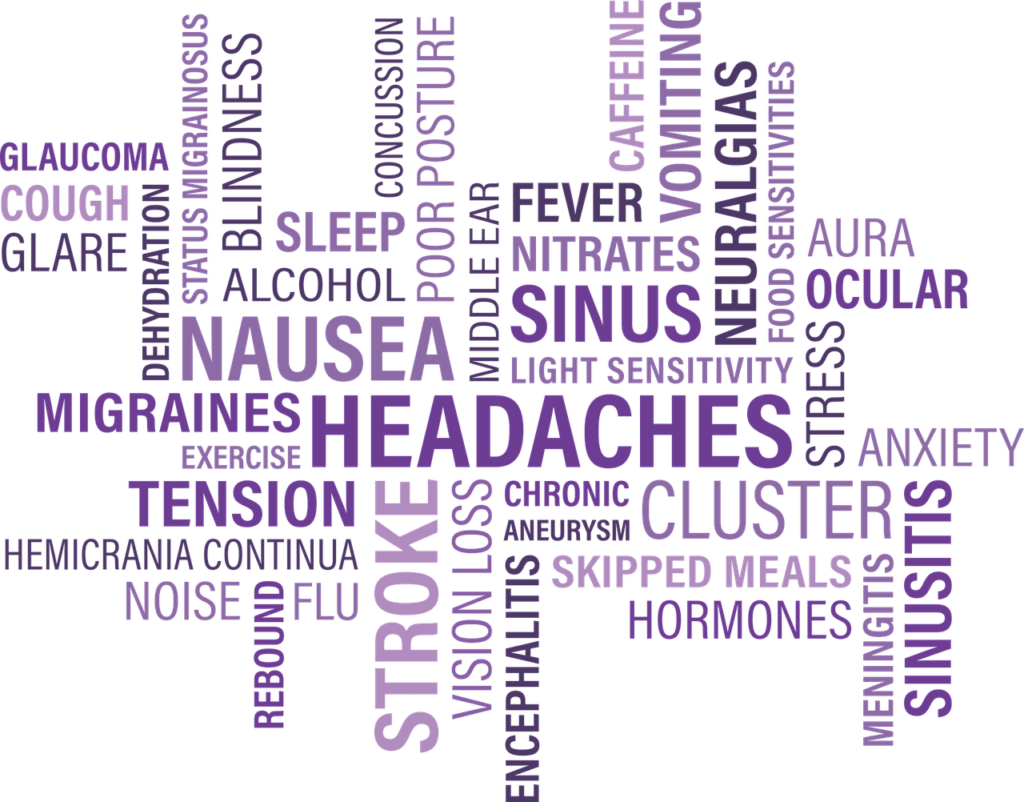Migraines are more than just headaches. They’re debilitating neurological conditions characterized by intense throbbing pain, often accompanied by nausea, vomiting, and sensitivity to light and sound. Millions of people worldwide grapple with migraines, significantly impacting their quality of life. If you’re one of them, seeking help from a migraine specialist can be a game-changer.
Dr Sumeet practises in Chandigarh. He has visiting clinic in Ambala, Kurukshetra and Yamunanagar. He has experience of 8.5 years of managing children with difficult pediatric and neurological problems. He has done observership in Glasgow, United Kingdom. He has given oral presentations in Brazil, Glasgow and Japan. He has 50 publications in National and International journals.
Who is a Migraine Specialist?
A migraine specialist is a healthcare professional with advanced training and expertise in diagnosing and managing migraines. They may be a neurologist, a physician specially trained in headache medicine, or another healthcare provider who has completed additional training and certifications in migraine management.

Why See a Migraine Specialist?
Migraines can be complex and vary significantly in frequency, severity, and accompanying symptoms. A general practitioner may not have the in-depth knowledge and experience to effectively manage your specific migraine condition. Here’s why consulting a migraine specialist is recommended:
- Accurate Diagnosis: Migraines can be misdiagnosed as other types of headaches or even neurological conditions. A specialist can conduct a thorough evaluation, including a detailed medical history, neurological exam, and potentially imaging tests, to reach an accurate diagnosis.
- Personalized Treatment Plan: There’s no one-size-fits-all approach to migraine treatment. A specialist will develop a personalized treatment plan based on your individual needs, considering factors like migraine frequency, severity, and triggers.
- Advanced Treatment Options: Migraine specialists are familiar with the latest treatment options, including preventive medications, acute medications for managing attacks, and non-invasive therapies like neuromodulation techniques.
- Comorbidity Management: Migraines can often co-occur with other conditions like depression, anxiety, or sleep disorders. A specialist can address these comorbidities while managing your migraines, offering a more holistic approach.
- Long-Term Care and Support: Migraines are a chronic condition requiring ongoing management. A specialist can provide long-term care, monitor your progress, and adjust your treatment plan as needed.

What to Expect During Your Visit to a Migraine Specialist:
- Detailed Medical History: Be prepared to discuss your medical history in detail, including the frequency, duration, and severity of your migraines. You’ll also likely discuss your family history of migraines, potential triggers, and any medications you’re currently taking.
- Neurological Examination: The specialist will likely perform a thorough neurological examination to assess your nervous system function and rule out other potential causes of your headaches.
- Diagnostic Tests: In some cases, additional tests like imaging scans (MRI or CT scan) may be recommended to rule out underlying causes or assess potential complications.
- Developing a Treatment Plan: Based on the evaluation findings, the specialist will collaborate with you to develop a personalized treatment plan that addresses your specific needs and goals. This plan may involve preventive medications, acute medications for managing attacks, and non-invasive therapies.
- Ongoing Monitoring and Follow-up: Regular follow-up appointments are crucial to monitor your progress, assess the effectiveness of your treatment plan, and make adjustments as needed.
Types of Migraine Specialists:
While many neurologists possess expertise in managing migraines, some healthcare providers specialize specifically in headache medicine. Here are some types of migraine specialists you might encounter:
- Neurologists: Neurologists are medical doctors who specialize in the diagnosis and treatment of neurological disorders, including migraines. They may have completed additional training in headache medicine.
- Headache Medicine Specialists: These are physicians who have completed fellowship training specifically focused on headache disorders, including migraines. They possess in-depth knowledge of the latest diagnostic and treatment approaches for various headache types.
- Pain Management Specialists: While not exclusive to migraines, pain management specialists can offer valuable insights and treatment options for managing the pain associated with migraines.
Finding the Right Migraine Specialist:
Finding the right migraine specialist is crucial for effective management. Here are some tips to guide your search:
- Talk to your primary care physician: They can provide a referral to a qualified specialist in your area.
- Research online: Look for migraine specialists affiliated with reputable hospitals or headache treatment centers.
- Consider your insurance coverage: Check with your insurance company to see which specialists are in-network and covered by your plan.
- Read patient reviews: Online reviews from other patients can provide valuable insights into a specialist’s experience, bedside manner, and treatment approach.
Living a Fulfilling Life with Migraines
Migraines can be challenging, but with the help of a qualified migraine specialist, you can develop effective management strategies and regain control of your life. By working together with your specialist, you can explore preventive measures, identify and avoid triggers, and implement treatment plans to minimize the frequency and severity of your migraines. Remember, you’re not alone
Dr. Sumeet Dhawan, as a Neurologist specializing in migraine treatment at PGI Chandigarh, can offer comprehensive care and support for individuals suffering from migraines. Here’s how Dr. Dhawan can help:
Accurate Diagnosis: Dr. Dhawan will conduct a thorough evaluation to accurately diagnose migraines and rule out other possible causes of headache. This may include reviewing the patient’s medical history, performing a neurological examination, and possibly ordering imaging studies or other diagnostic tests if needed.
Individualized Treatment Plan: Based on the patient’s specific symptoms, medical history, and lifestyle factors, Dr. Dhawan will develop a personalized treatment plan to manage migraines effectively. This plan may include a combination of medications, lifestyle modifications, and other interventions tailored to the patient’s needs.
Medication Management: Dr. Dhawan can prescribe medications to help prevent migraines (prophylactic treatment) or to relieve symptoms during an acute migraine attack (abortive treatment). These medications may include triptans, nonsteroidal anti-inflammatory drugs (NSAIDs), anti-nausea medications, preventive medications, or others, depending on the patient’s individual needs and preferences.
Lifestyle Modifications: Dr. Dhawan will provide guidance on lifestyle modifications that can help reduce the frequency and severity of migraines. This may include recommendations regarding diet, sleep habits, stress management techniques, regular exercise, and avoiding triggers known to exacerbate migraines.
Education and Support: Dr. Dhawan will educate patients about migraines, including potential triggers, warning signs, and strategies for managing migraine attacks. Providing support and empowering patients with knowledge about their condition can help them feel more in control and better equipped to cope with migraines.
Monitoring and Follow-Up: Dr. Dhawan will monitor the patient’s response to treatment and adjust the treatment plan as needed based on their progress and any changes in symptoms. Regular follow-up appointments allow for ongoing assessment, optimization of treatment, and addressing any concerns or questions the patient may have.
Referral for Specialized Care: If necessary, Dr. Dhawan can refer patients to other healthcare professionals or specialists within PGI Chandigarh for additional evaluation or treatment, such as headache specialists, pain management specialists, or psychologists for behavioral interventions.
By offering comprehensive care, personalized treatment plans, and ongoing support, Dr. Sumeet Dhawan can help patients effectively manage migraines and improve their quality of life.
Here are some additional reading links for migraine treatment:
Mayo Clinic:
- Website: Migraine Treatment at Mayo Clinic
- Description: Mayo Clinic provides comprehensive information on migraine treatment options, including lifestyle changes, medications, and alternative therapies. The article covers preventive measures, acute treatment strategies, and self-care tips.
American Migraine Foundation:
- Website: Treatment Options for Migraine
- Description: The American Migraine Foundation offers an overview of various treatment options for migraines, including medications, non-pharmacological approaches, and complementary therapies. The article discusses the importance of personalized treatment plans and highlights emerging treatments.
National Institute of Neurological Disorders and Stroke (NINDS):
- Website: Migraine Information Page
- Description: NINDS provides an overview of migraine, including information on treatment options, current research initiatives, and clinical trials. The page covers both acute and preventive treatments and emphasizes the importance of individualized care.
WebMD:
- Website: Migraine Headache Treatment & Management
- Description: WebMD offers an in-depth guide to migraine treatment and management, featuring expert insights, patient testimonials, and practical advice. The article explores medication options, lifestyle modifications, alternative therapies, and tips for coping with migraines.
The Migraine Trust:
- Website: Migraine Treatment
- Description: The Migraine Trust provides an overview of migraine treatment options, including medications, lifestyle changes, and complementary therapies. The page also addresses common questions about treatment effectiveness and long-term management.
Cleveland Clinic:
- Website: Migraine Treatment Guide
- Description: Cleveland Clinic offers a comprehensive treatment guide for migraines, covering various aspects of care, from acute relief to preventive strategies. The guide includes information on medication classes, lifestyle modifications, and when to seek medical attention.
These additional reading links provide a wealth of information on migraine treatment options, helping individuals understand their condition better and make informed decisions about managing their symptoms.